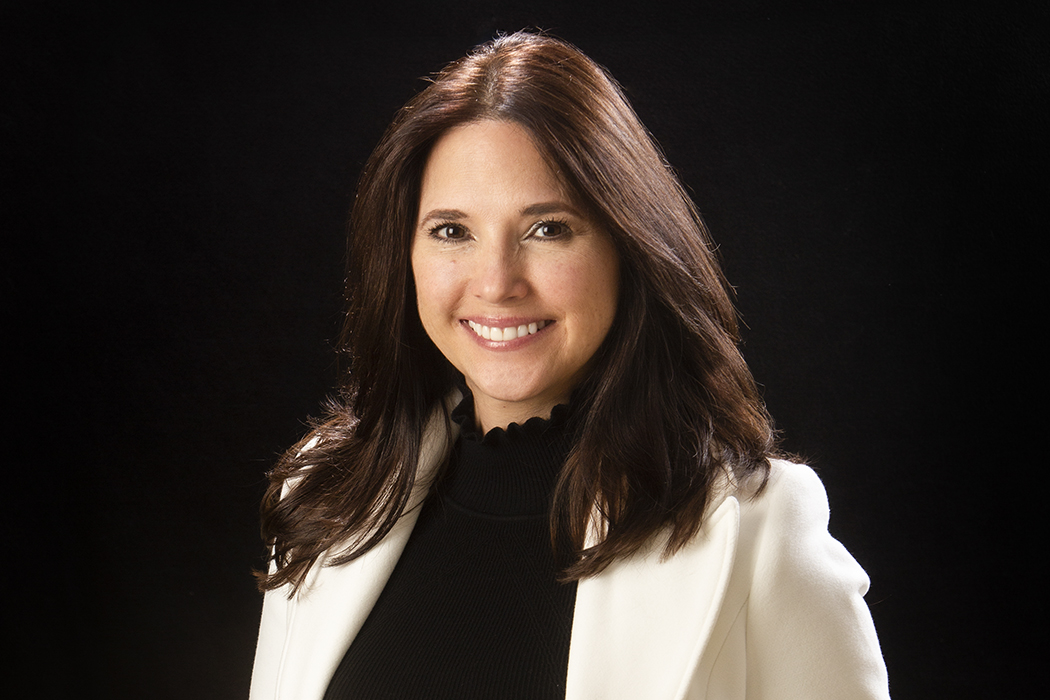|
Getting your Trinity Audio player ready...
|
“I’m not waiting for doors to open for me. I am going to build the building with the doors that I want to walk into myself,” television creator Moisés Zamora declares.
That is exactly how Zamora has patterned his career: from the ground up. To the forty-one-year old, Mexican-born Ivy League graduate, who grew up in both Jalisco, Mexico, and California’s San Joaquin Valley, limitations have never been a factor. He embraces challenges and sees them as growth opportunities.

However, “challenge” may not be the exactly right word to describe the most recent opportunity that was presented to Zamora—the chance to serve as co-showrunner, executive producer, and head writer for Netflix’s Selena: The Series, the most highly anticipated Latino television project of 2020.
Selena Quintanilla is arguably the most revered Latina singer of recent times, and her legacy remains strong today, twenty-six years after her death. Her empire continues to garner critical attention from her fans, fans who don’t want Selena’s legacy to change but who also can’t get enough of the shows and movies made about her. You can’t win.
Whoever accepted the responsibility of telling another story about the late Tejana icon was sure to catch scrutiny. There was also the fact that Zamora did not have extensive experience in Hollywood going into the project: he was approached about the opportunity to work on the Netflix series just two years after he started working as a staff writer on shows like ABC’s American Crime and Fox’s Star. But for Zamora, saying no wasn’t an option.
“I didn’t have all the television experience in the world, but I knew I was going to surround myself with people who do. I knew I was going to grow,” he explains.
In December 2020, Selena: The Series opened at number one on Netflix in the United States, Mexico, and Spanish-speaking Latin America, and it stayed that way throughout its opening weekend. The series’ success was heralded by traditional media as well as on social media channels. What didn’t get too much attention was the fact that the man who helped achieve this extraordinary accomplishment is a gay Latino.
Gay men have long revered female pop stars such as Madonna and Lady Gaga. Having Zamora at the helm of a project that spotlights a star like Selena is therefore hugely important to that community. Fittingly, Zamora enlisted members of the LGBTQ+ community to help fill his writers room, three of whom came from a writers group he had helped create.
“One evening, I was at the WGA [Writers Guild of America] for an event and found myself huddled around other gay Latino writers,” Zamora says of the social group. “We quickly realized there was something special here and decided that we should create a space where we could meet regularly to support one another.”

They named themselves the Clubhouse Writers Group, and there are only two rules for members: First, they must all love one another, no matter what. Second, they must try to be the best and strive for excellence through their professional writing endeavors.
Striving for excellence also means promoting one’s success. For Zamora, that has meant leveraging the success of both Selena: The Series and the other projects he worked on during 2020 when the COVID-19 pandemic was in full force. “I want to position myself and be in control with projects and stories that I want to tell,” Zamora explains.
And with his new production company Zone One, a film and TV production company focused on elevating stories of people of Latin American, Indigenous, and Afro-Latin descent, Zamora is doing just that. Yet he never wants to lose his thirst for growth. “In order to be a trailblazer, you need to remember to be a student and continue to learn,” he notes.
As Zamora knows, personal growth is just as important as professional. “For me, in life, what has always worked has been trying to live the most authentic version of myself—and that includes the good, the bad, and the ugly,” he says.
This mindset might very well be a product of some of Zamora’s childhood experiences in Mexico, where—as is so common with members of the LGBTQ+ community—he was often bullied. “I was feminine, I didn’t want to play sports, I was the son of the town doctor, and I was more interested in storytelling than anything else. It was my outlet,” he recalls.
That feeling of being “othered” was something Zamora always felt growing up in Mexico and central California, but he never let those feelings overpower his desire to succeed and tell stories. Instead, he tuned out the noise and shaped his experiences into art.
“I always prioritized working on the craft of writing and allowed myself to grow. I knew that if I was a good writer on the page, the rest would come,” says Zamora, who has continued to focus on the story instead of the chatter surrounding Selena.
And the rest surely did come. Yet Zamora knows Selena is only the beginning of the stories he is destined to tell. And the LGBTQ+ Latino community is ready for them, all of them—the good, the bad, and the ugly.

